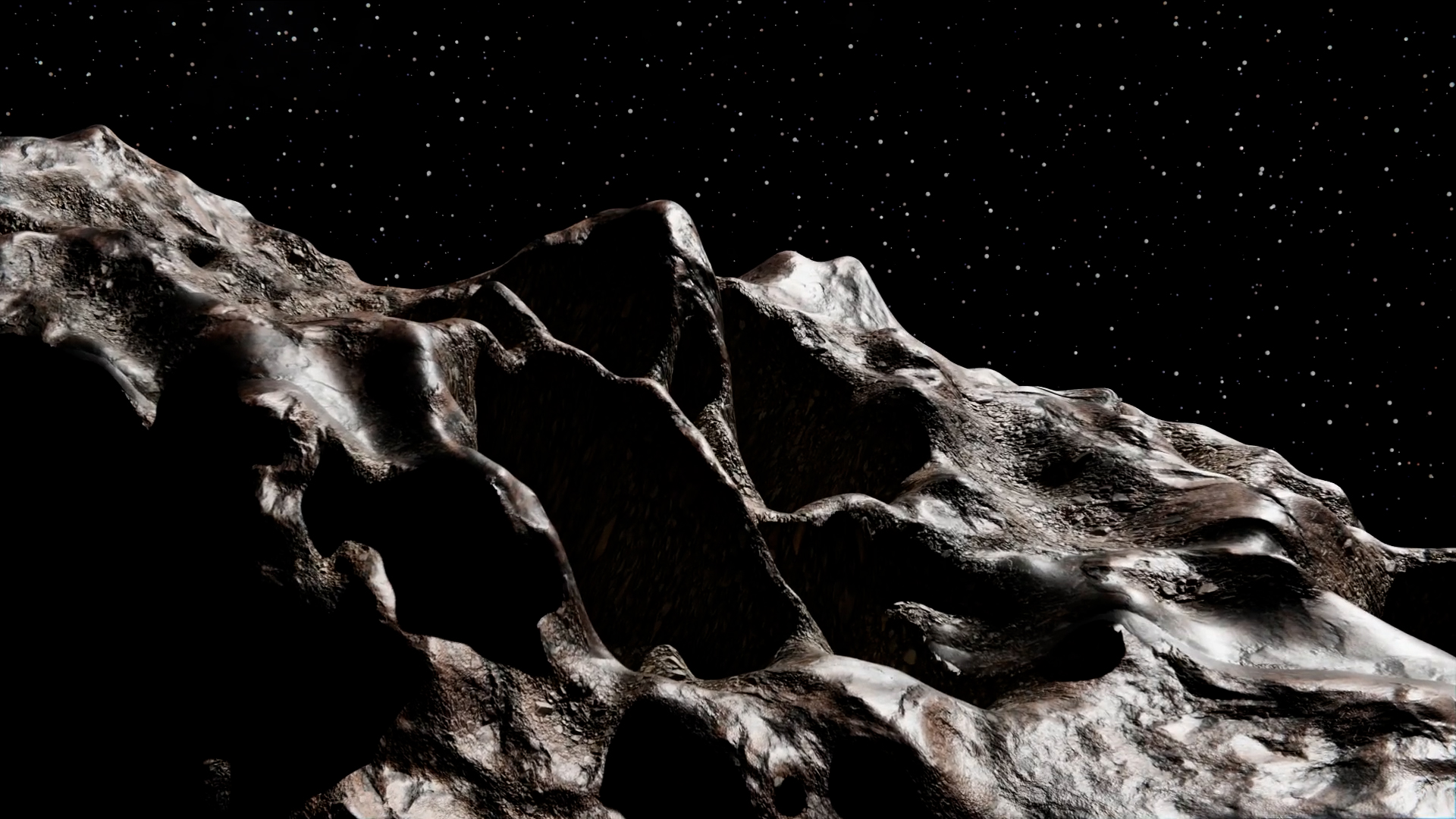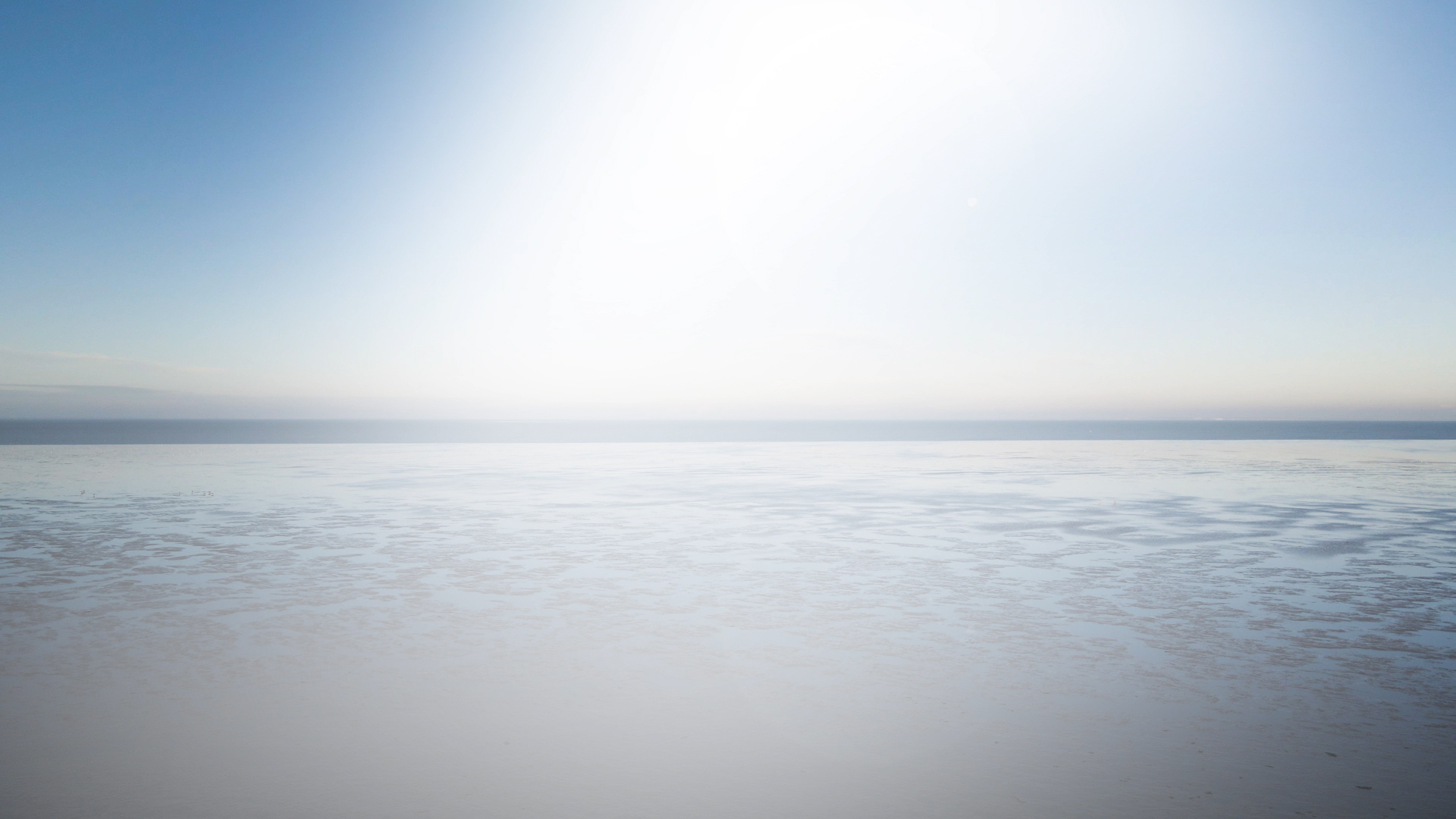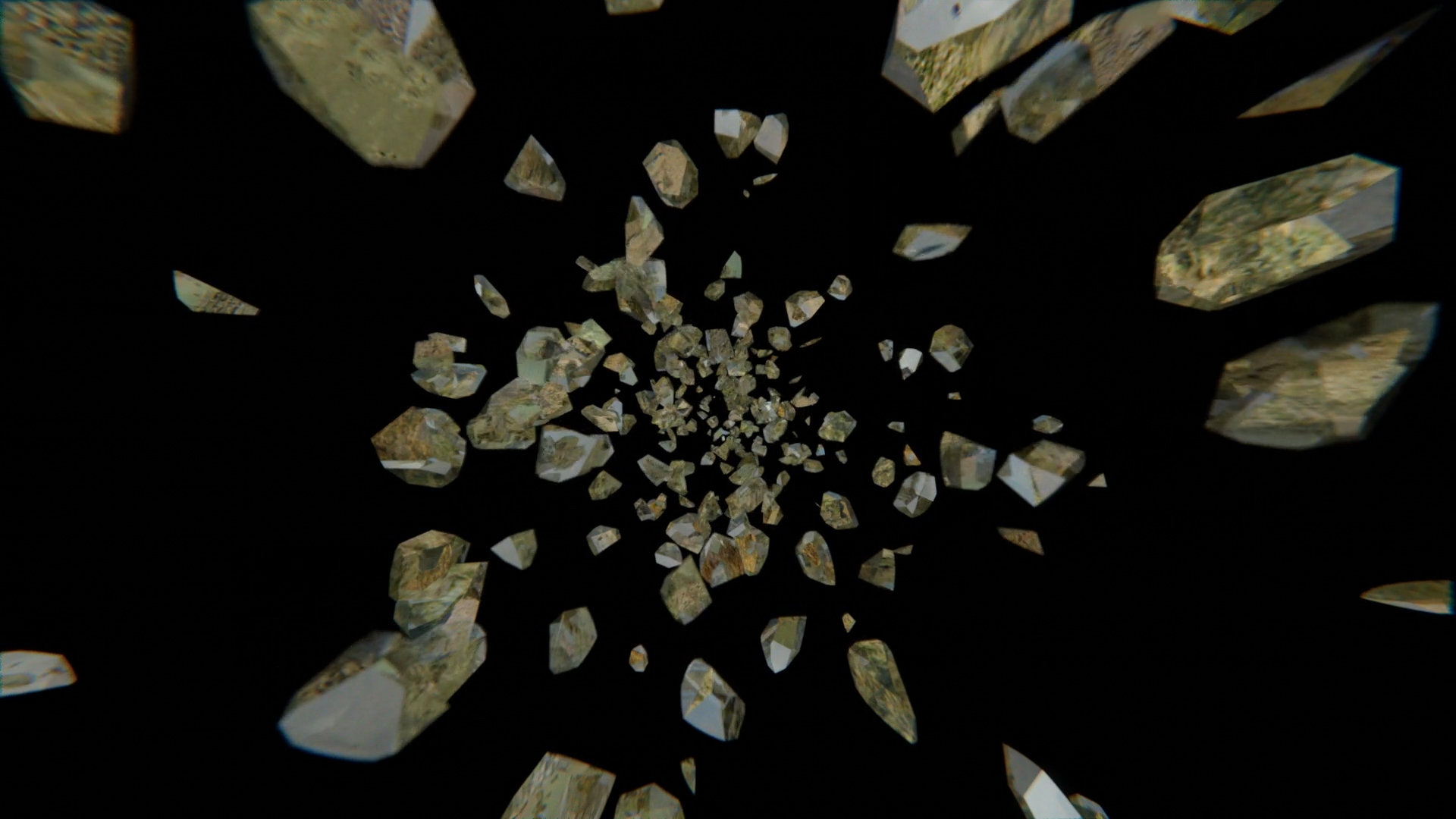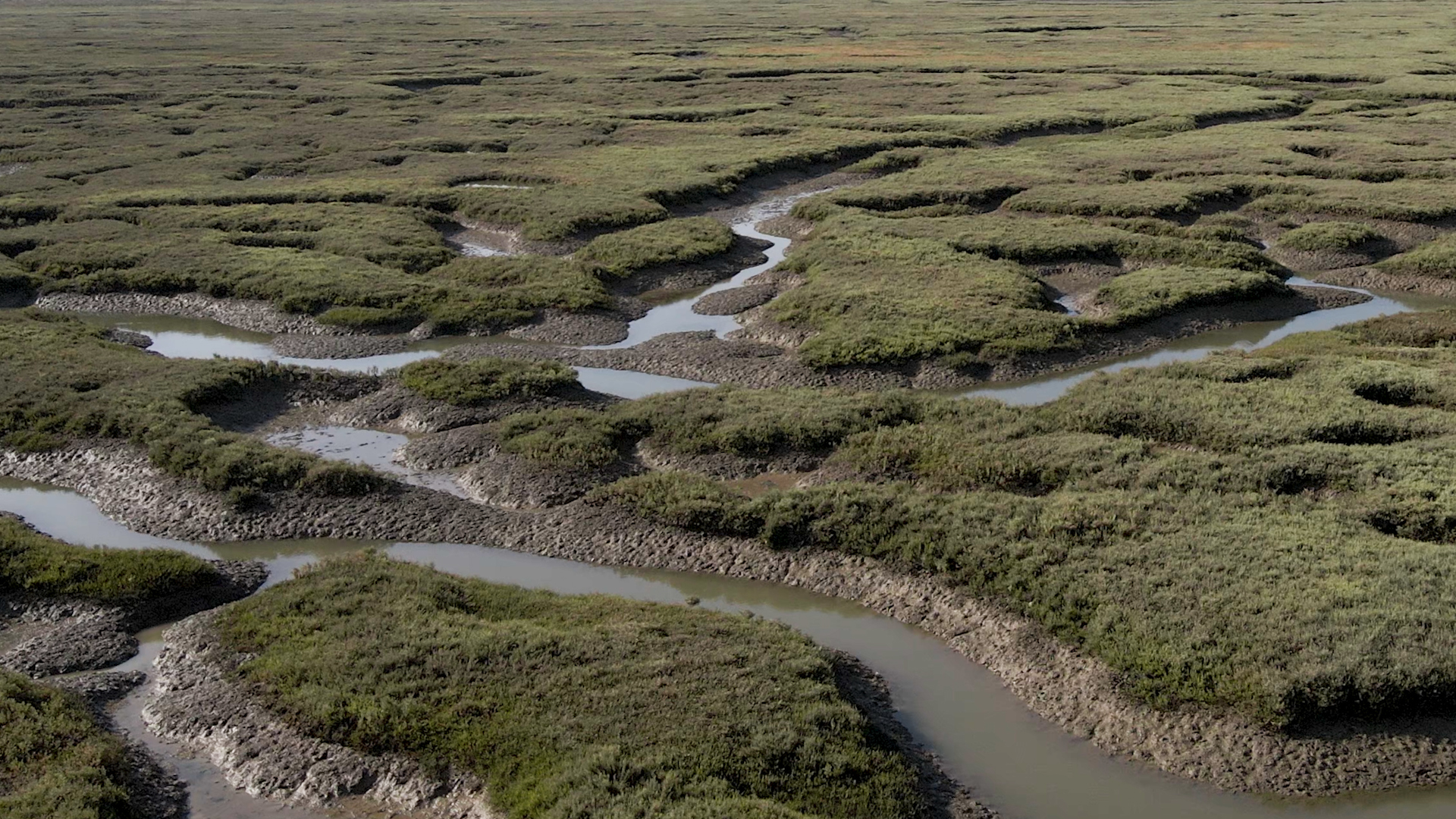RITA MACEDO
Black Hole Descending
Farewell recording for an observer of an unknown time and place
Weeks of sand, months of ash, years of dust
This particular nowhere
Implausible things
Implausible things #1
Non film in three acts and a prelude
Filmmaker, artist, and film programmer based in Berlin. Rita’s work fluidly traverses non-fiction, speculative narratives, and narrative disruption, exploring the unstable terrains of meaning and memory. Through a practice that resists fixed interpretation, the work investigates the shifting relationships between image, perception, and time.
Her work has been shown at numerous exhibitions and festivals, including, European Media Art Festival, Berwick Film and Media Art Festival, Hamburg Short Film Festival, IndieLisboa International Film Festival, Kasseler Dokfest, São Paulo International Short Film Festival, Encounters Short Film and Animation Festival, New Horizons International Film Festival, Curtas Vila do Conde, Encounters South Africa Documentary Film Festival, amongst others.
Artistic associate at Braunschweig University of Art since 2018.
Film programmer for the International Selection of European Media Art Festival (EMAF) since 2024.
rita.macedo.inbox[at]gmail[dot]com
@rita_void
Farewell recording for an observer of an unknown time and place
Film • 25′ 53″ • sound (5.1) • EN w/ DE, PT or EN subtitles • 2023
Part speculative history of the future, part worldbuilding rendering, “Farewell recording for an observer of an unknown time and place” is an essayistic digression on capitalism, environment, technology and death. At the center of the work is “Invasive Landscape Phenomenon”, a mysterious, fast spreading malady that manifests as unbidden mental visions of indistinct landscapes. Reminiscent of dissociative trauma response, this fabricated affliction emerges in a world in which direct experience has been supplanted by mediated replacements. Notions of loss, trauma and placelessness intertwine with environmental degradation narratives. Science fiction becomes both vehicle and methodology to express and investigate hypothetical temporalities; a ground in which time wraps upon itself. “Farewell Recording for an observer of an unknown time and place” is a dense, many-layered piece, steered by the thoughts of a moving-image sequence editor and their first-person account of their way out of life itself.
The work operates at the intersection of speculative fiction, environmental anthropology, and media theory. It constructs a porous diegesis in which fictional elements—such as the “Invasive Landscape Phenomenon”, the “Asteroid Terraria”, the “Department of Visual Realities and Experience Replacement” (DVRER), and “Brain-Computer Interfaces” (BCIs)—intertwine with real-world formations. The blending of fabricated constructs and grounded references blurs the boundaries between documentary and fiction, generating uncertainty around what is observed, remembered, simulated, or conjured.
Conceptually, the work draws heavily from science fiction, particularly its common practice of extrapolating realities from ‘what if’ scenarios and imagined technologies. One such instance is the trope of terraformed asteroids—miniature ecosystems engineered within hollowed celestial bodies. While this idea predates Kim Stanley Robinson, his articulation of “Asteroid Terraria” in “2312” (2012) offers a particularly resonant framework through which the film reflects on ecological manipulation. In “Farewell recording”, these engineered habitats become symbols of extractive futurism and deferred catastrophe—spaces not of refuge, but of rhetorical substitution, where ecosystems are relocated, renamed, and instrumentalized under the guise of preservation.
The work is further informed by the anthropological lens offered by Caterina Scaramelli’s “How to Make a Wetland” (2021). Her study of wetland conservation examines how such landscapes are shaped not only by hydrology, but by bureaucratic regulation, moral politics, and infrastructural regimes. These insights inform the film’s visual and conceptual terrain: most of its imagery consists of aerial views of wetlands—collected through extensive research on specific geographies—which function as both data and distortion. The result is a sensory field that blurs ontological status: neither clearly natural nor artificial, neither entirely archival nor staged.
In “Farewell Recording”, writing functions multiply: it adopts the familiarity of science fiction narration and diaristic discourse while simultaneously destabilizing the very structures it inhabits. Language becomes both anchor and diversion, guiding perception even as it complicates the certainty of what is being told. Narrated by a moving-image sequence editor for the DVRER, the film unfolds as a first-person address and terminal recording. This voice—by turns analytical and intimate—foregrounds media labor as a site of memory production and epistemological control.
Jury Award
German Competition
39th Shortfilm Festival Hamburg (2023)
Jury Statement: Set in the liminal wetland space between the real and the virtual, this film is a highly inventive sci-fi eco-dystopia. Touching on planetary collapse and the outsourcing of intelligence, the director zooms into urgent issues of the now and sculpts an equally seductive and menacing vision that functions as a warning at crossroads.
Written, directed and edited by Rita Macedo • With the voice of Vika Kirchenbauer • Drone operator Rita Macedo • Additional Camera Hannah Jung, Vika Kirchenbauer • Animation Anis Anaïs Looalian • Music Yair Elazar Glotman • Sound design & re-recording mix Azadeh Zandieh • Additional sound design Manuela Schininá • Script advisors Leonor Macedo, Judith Sieber, Vika Kirchenbauer • Proof reading Philip Hucknall • With the kind support of Berlin Senate Department for Culture and Europe



